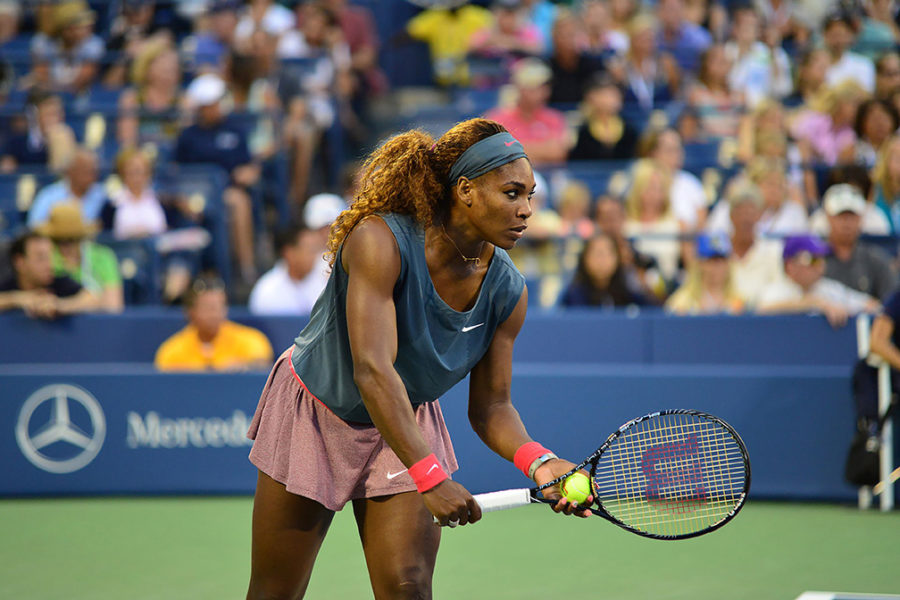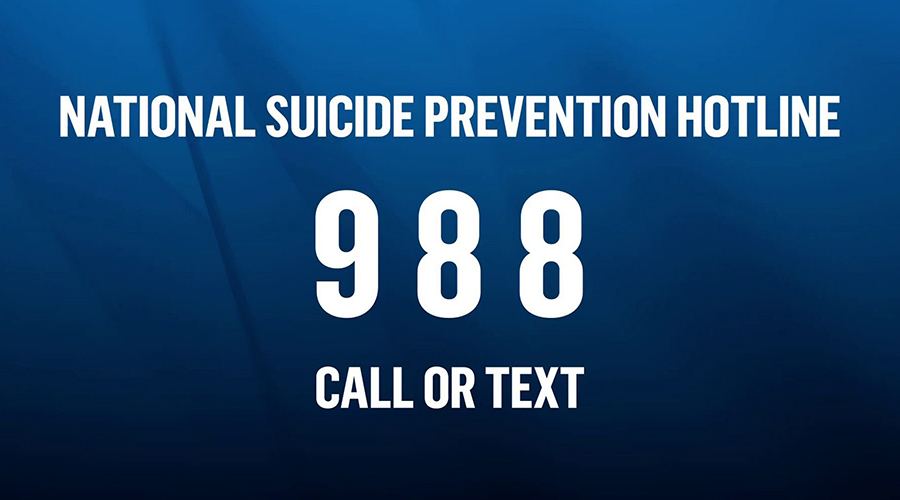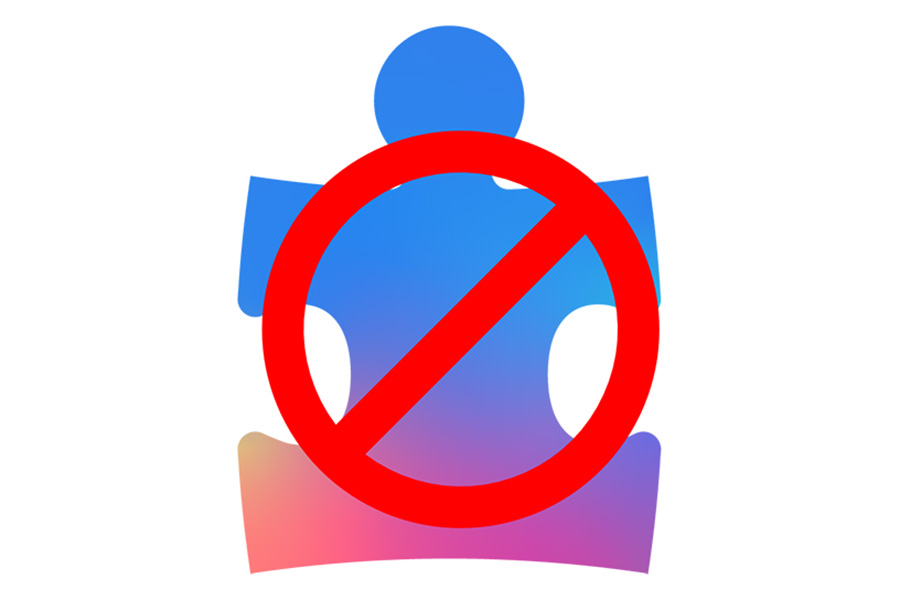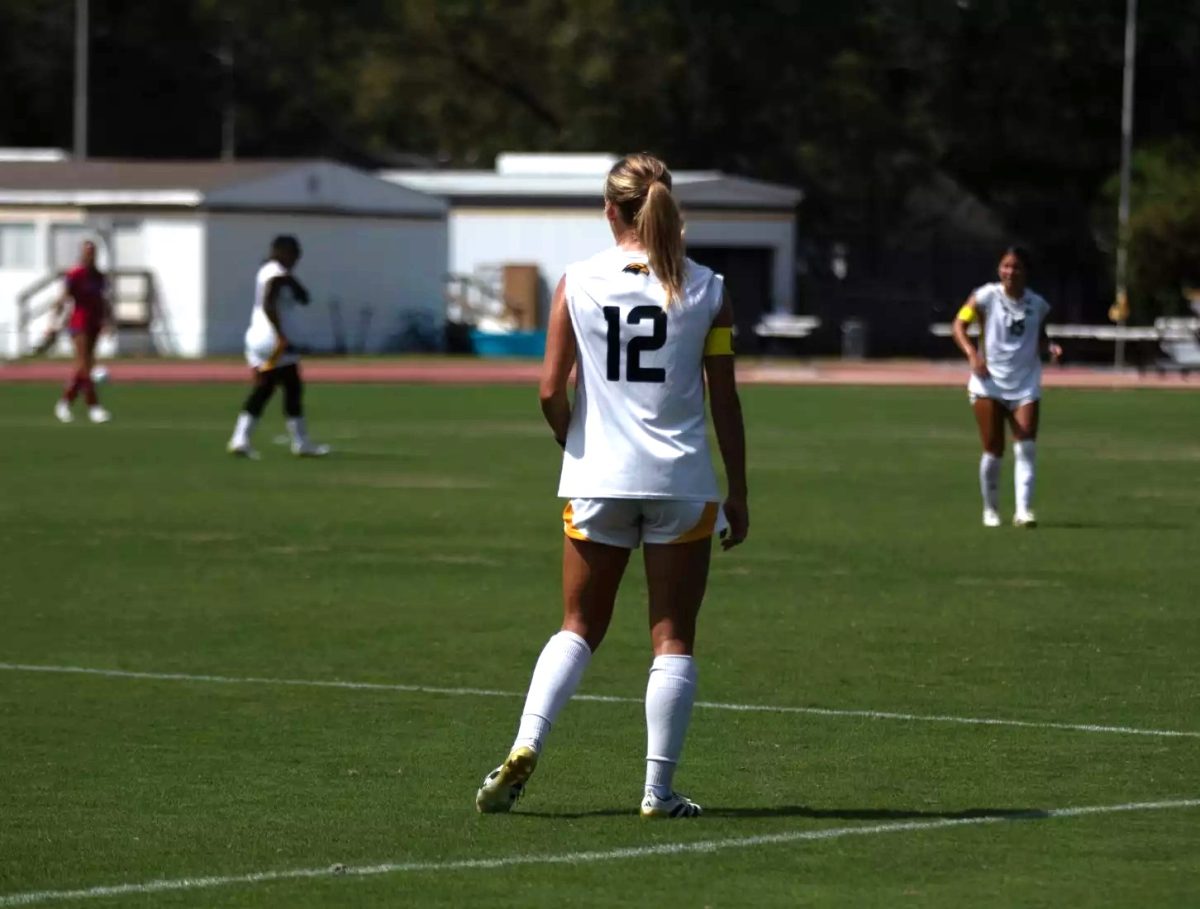During the 2018 US Open on Sept. 8, the world watched as Serena Williams finally allowed herself to fall apart as she argued with the umpire about being coached from the stands, ultimately losing the Grand Slam to 20-year-old Naomi Osaka from Japan.
As I watched the highlights of the match on Twitter, my heart broke for her.
Before I go any further, I would like to confirm that I am indeed not a sports buff. I cannot tell you that I sat down and watched Williams’ match today or any day during her 23-year career. I cannot tell you that I myself am a star tennis player. No matter how hard I try, my hand-eye coordination fails me every time I pick up a racket.
What I can tell you is that during my 21 years of life, I was inadvertently passed down my grandparents and parents’ respect and love for Williams. As a child, I did not know much about her background, but when I later learned that she was coached by her father at 3-years-old, won 23 Grand Slams and was invited to twerk next to Beyoncé on stage, she became one of my examples of black excellence.
After Williams’ loss, I was reminded that Williams isn’t the black superwoman we make her out to be.
As I watched and re-watched videos of Williams smashing her racket and holding back tears as she argued with the umpire, I felt like I too had lost.
For the past two years or so, I have become more aware of the burdens Williams faces as a black female tennis player.
Just two weeks ago, Williams’ form-fitting and empowering “catsuit” was banned by French Open official Bernard Giudicelli who said that Williams’ attire showed a lack of respect for the game and place.
Guidicelli failed to publicly acknowledge that Williams didn’t choose the suit to show off her curvy, post-pregnancy body in the May tennis tournament. Her suit was designed to prevent blood clots, which is vital to Williams’ health considering her emergency treatment for a life-threatening pulmonary embolism in 2011.
Just last month, Williams shared her struggle with postpartum depression, which she credits to anxiety about not spending enough time in between tennis training sessions with her 1-year-old daughter Olympia.
According to the CDC, black women are three times more likely than white women to die from pregnancy or childbirth-related causes.
In February, Williams told Vogue that she almost died the day after giving birth when she felt a shortness of breath. Believing that Williams’ pain medication had confused her, the nurse did not immediately adhere to Williams’ requests for a blood thinner and CT scan.
Although a doctor eventually listened to Williams and found several clots in her legs, Williams joined my mother and became a part of the haunting statistic of black women who are not immediately believed by their doctors.
Three months ago, Williams and her team revealed to Deadspin that she had been drug tested more than any other American tennis player in 2018.
In May, Williams tweeted, “And…… just like that anti doping is here ….again… second time this week. proud to participate to keep the sport clean. Even if they do test me at my current ranking of 454 in the world. Two times every week #BeingSerena.”
Before her scheduled match with long-term “rival” and Russian player Maria Sharapova in the 2018 French Open, Williams had to respond to a question about Sharapova’s book “Unstoppable: My Life So Far,” where Williams was described as hating “the skinny blonde kid who beat her, against all odds, at Wimbledon” in 2004.
Despite this, Williams did not give into Sharapova’s predictable pettiness, stating, “I didn’t expect to be reading a book about me, that wasn’t necessarily true.”
It should be noted that Sharapova’s illegal 10-year drug use, which ceased in 2016, could not improve her losing 3-19 record against Williams.
Although I only recently began paying attention to the racial discrimination Williams has faced, she has endured this treatment for years. In 2001, Williams told USA Today that the crowd repeatedly called her the n-word and threatened to skin her alive at the BNP Paribas Open in Indian Wells, California, causing her to boycott the tournament until 2015.
There have been countless, disgusting comments about her “animalistic” body that served to not only sexualize her, but also shame her strength, likening her to a gorilla. Her race has also been attributed to her mistakes. At a 2007 match in Miami, a heckler yelled, “That’s the way to do it! Hit the net like any Negro would,” every time Williams missed a shot or serve.
Having said all that, Williams has kept her composure for most of her career despite the many unfair obstacles she has faced. When she has reacted to injustice or unfairness, she has attempted to react calmly or not react at all, knowing that she had a lot to lose if she allowed herself to be painted as “the angry black woman.”
But not Friday. Friday, she allowed herself to succumb to the pressure. Yes, she engaged in unsportsmanlike conduct. But seeing as she’s been dealing with sexism and racism for her entire career, it was only a matter of time before she allowed herself to break publicly. And I couldn’t be more proud. This, too, is black excellence.
During a press conference after the US Open, Williams said, “The fact that I have to go through this is just an example for the next person that has emotions and wants to express themselves, and they want to be a strong woman. They’re going to be allowed to do that because of today. Maybe it didn’t work out for me, but it’s going to work out for the next person.”































